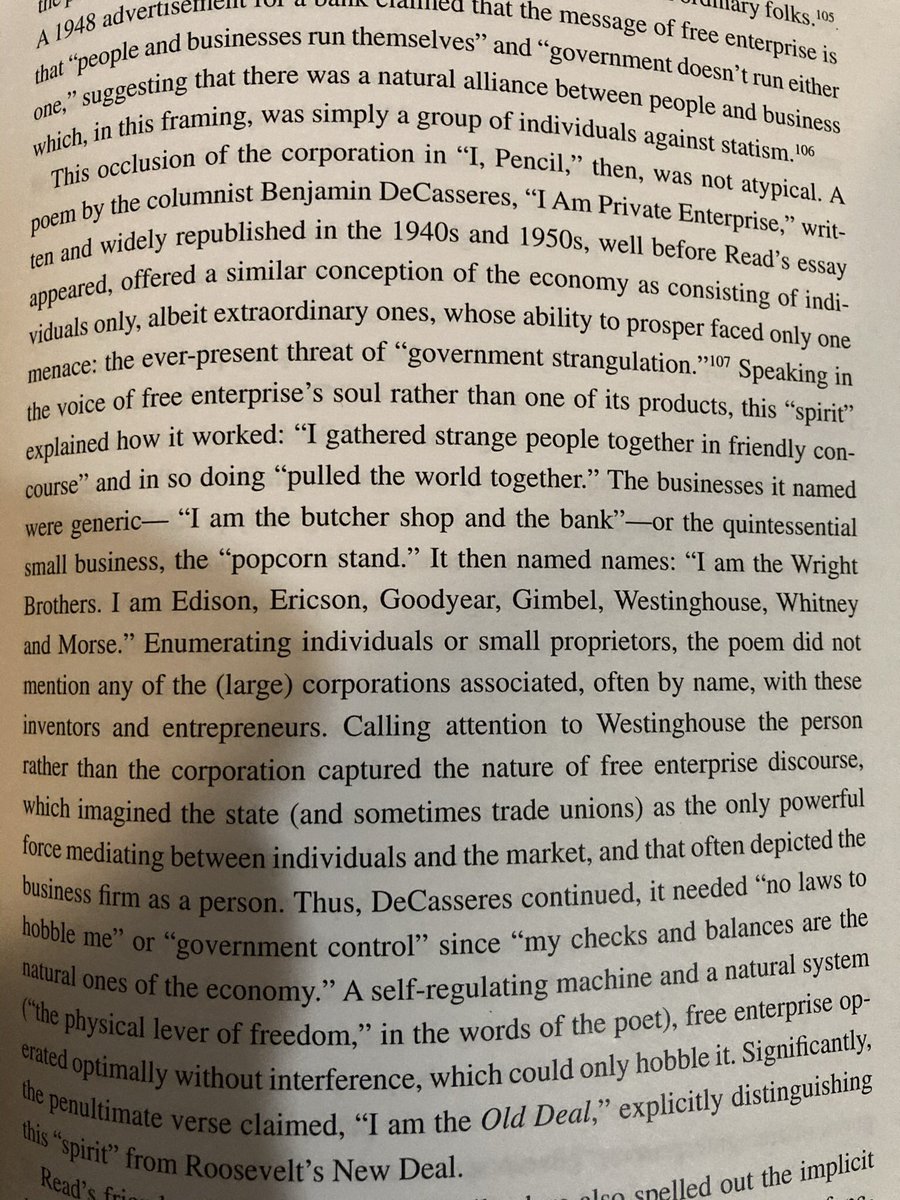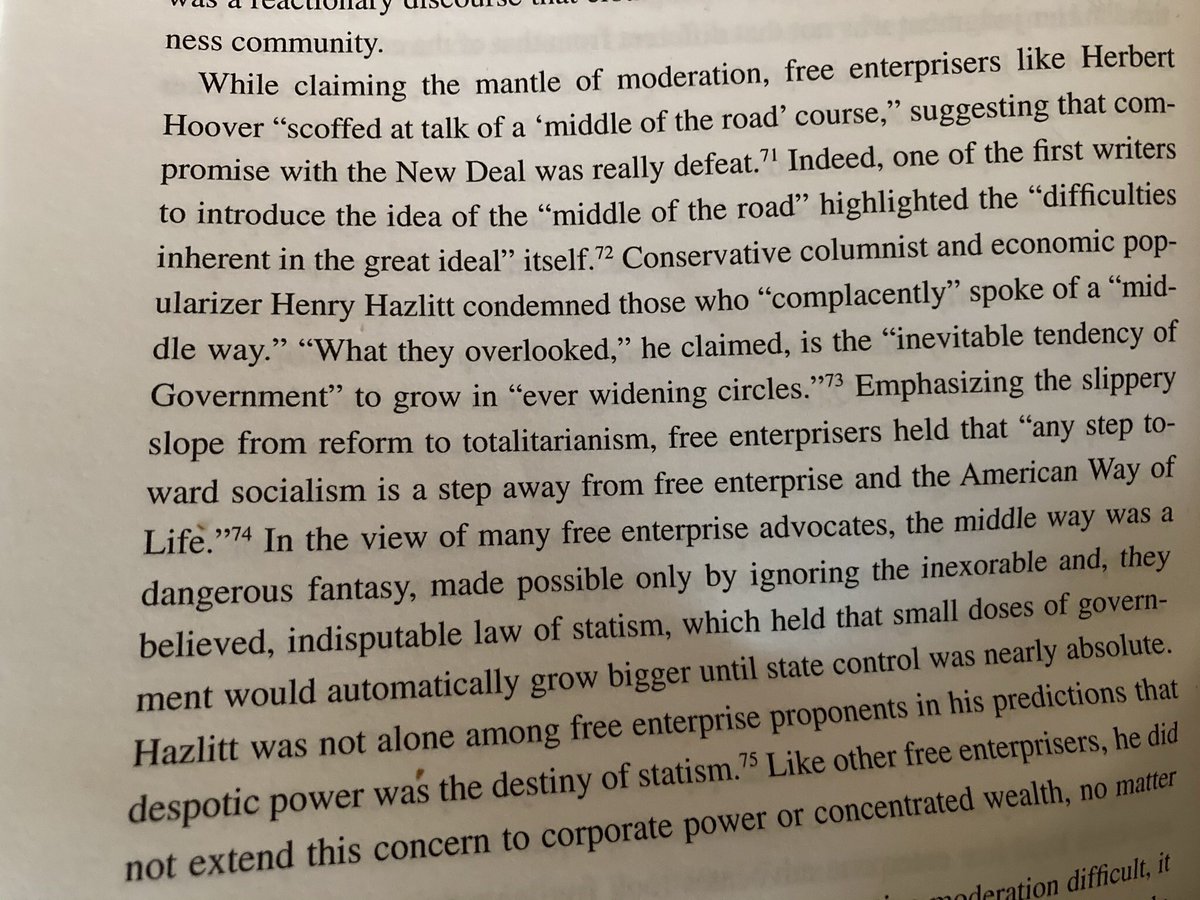
I’m not a historian of fascism but the idea that we shouldn’t use the term because it only makes sense in the context of its origins seems like an overly restrictive view of how political language (which I do study) works. /1 

Many political phrases and ideologies outlast their original use. As Peter Gordon argued in @NYRB, the notion of restricting political terms to their context of origin becomes incoherent./2
nybooks.com/daily/2020/01/…
nybooks.com/daily/2020/01/…
“Free enterprise” was popularized by abolitionists as part of their critique of chattel slavery. Conservatism was first employed in response to the French Revolution. Like many other political terms, they have been contested and evolved./3
What about post-WWII neo-fascist movements in Europe (Franco, anyone? ) and elsewhere, including the United States, that were motivated by things other than the “desire to refight the First World War"? /4
Why the special treatment of fascism? I don’t see anywhere near the same gatekeeping for contested terms like "socialism," "liberalism," or "conservatism," which are productively employed in contemporary political debates./5
In a thread last year on a terrific piece by Victoria de Grazia, I made a similar point./6
https://twitter.com/LarryGlickman/status/1295776193359355907?s=20
• • •
Missing some Tweet in this thread? You can try to
force a refresh






